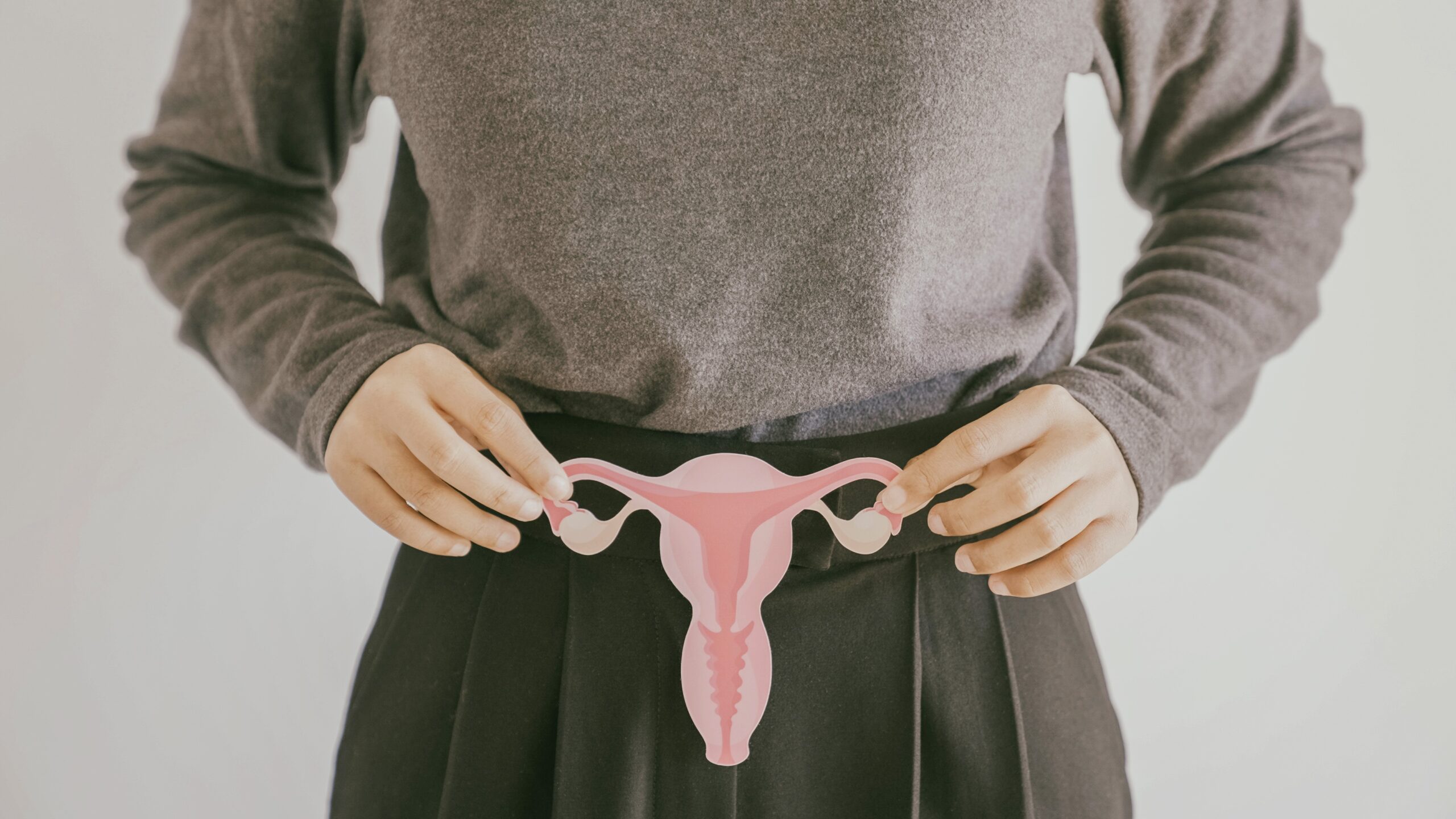
Looking to hear about people's firsthand experience with gynecologic cancers? Unfortunately, TikTok might not be the best place for it. A recent study from The Ohio State University Comprehensive Cancer Center — Arthur G. James Cancer Hospital and Richard J. Solove Research Institute found that at least 73% of TikTok content related to gynecologic cancers is inaccurate. Laura Chambers, DO, and senior author of the study, said that the study reveals what kind of information patients might be wanting but not getting from their health care providers.
"The intent of this study was to understand the needs of patients that may go unspoken in the clinic but represent gaps in care that need addressed," Chambers wrote. "As doctors, we are focused on treatment toxicities and patient outcomes, but many of our patients are navigating really difficult challenges at home — like figuring out how to show their child love and attention when they are going through fatiguing treatments."
The study analyzed TikTok content related to ovarian, endometrial, cervical, and vulvar cancers, in addition to gestational trophoblastic disease. The researchers evaluated the reliability of the content, message tone, and the quality of educational information.
More from LittleThings: California Woman Nearly Dies, Becomes Quadruple Amputee After Eating Undercooked Tilapia
There are many reasons why a person might seek out information from someone with lived experience, but it's hard to know whether or not that information is accurate. Chambers pointed out that content creators on TikTok excel at being vulnerable. That might make the information more appealing or make it seem more trustworthy, especially if people feel like they can't be open with their doctors.
"The vulnerability shown in social media content around personal cancer journeys is inspiring, but this data really encourages us to ask, as a medical community, how we can provide a care environment that encourages that kind of trust and real conversation with patients?" Chambers said.
Some doctors, including Eleonora Teplinsky, MD, have also started creating content on TikTok because they know that people use social media to search for information, and they want to help people access accurate information about health concerns. Chambers recognizes that people might be searching for a different kind of support that a doctor's office might not offer, and suggested that those who are looking for a community of people with similar experiences try finding support groups that are affiliated with medical organizations.
The study also found that the same racial disparities that are found in real life when it comes to gynecologic cancer continued to exist on social media. Chambers said the research can help medical professionals think about how they communicate with patients, "especially focusing on opportunities to create more diverse content to overcome racial and cultural disparities related to treatment of these cancers."
This is not the first study that has examined medical misinformation on social media. A study published in the JNCI: Journal of the National Cancer Institute in 2021 found that almost one-third of social media content related to cancer diagnosis and treatment was inaccurate.
The researchers of “Cancer Misinformation and Harmful Information on Facebook and Other Social Media: A Brief Report" found that patients might adamantly believe that a treatment method they saw on social media will work, even if a doctor tells them otherwise.
In 2022, a TikTok video claiming that tampons could cause cancer went viral. The video claimed that titanium dioxide, an ingredient that is sometimes found in tampons, causes cancer, but there is no evidence that supports this claim.
"This misconception is a good example of pseudoscience, when something sounds plausible because of some grain of truth but misinterprets actual scientific evidence into something that is not true," medical toxicologist Dr. Ryan Marino told Healthline.
According to Healthline, medical experts say that people should not be worried about titanium dioxide in tampons causing cancer.




